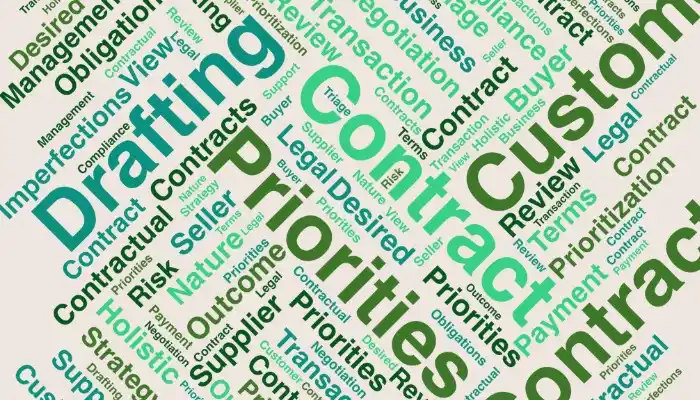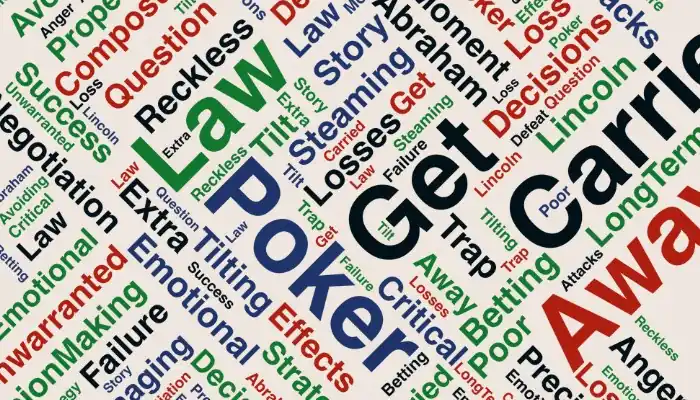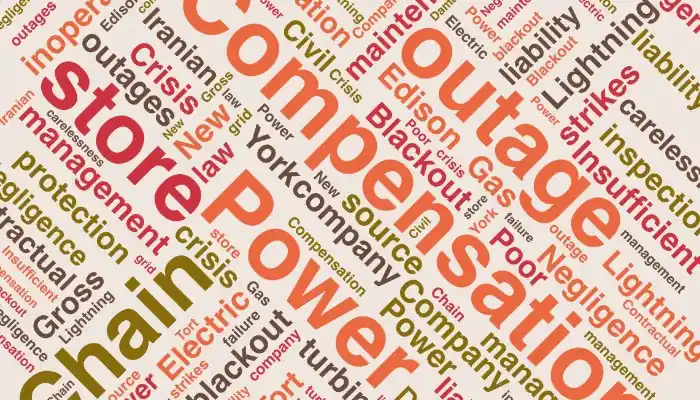When drafting and reviewing contracts, the desired outcome for the customer should always be considered the top priority. But what should be done if this outcome is not clearly defined? The best approach is to ask the customer directly. However, this is not always possible. Some customers may lack the ability or willingness to articulate their priorities, while others may expect these priorities to be identified automatically.
In such situations, certain methods can be employed to identify the customer’s priorities. One approach is to analyze the nature of the transaction, the products involved, and the parties to the contract. For example, sellers typically have three main priorities: limiting the contract obligations to what they can deliver, minimizing exposure to potential issues if something goes wrong, and receiving the full payment on time.
On the other hand, buyers generally have three main priorities: ensuring that the seller fulfills their obligations correctly, making sure the seller addresses any issues and provides support for the products and services offered, and making full payment only if the product is delivered and functions properly.
Even if the customer does not explicitly state these priorities, it is essential to ensure that the contracts prepared for business transactions adequately cover these priorities.
How to Approach the Process of Reviewing Supplier Contracts?
When reviewing supplier contracts, it’s crucial to take a holistic view of the process. A seasoned lawyer once remarked that reviewing supplier contracts is like “death by a thousand cuts.” Many lawyers share this sentiment, and it’s understandable. There often isn’t enough time for a thorough review, and due to the needs of the other party, less-than-ideal terms must be accepted. Additionally, it’s impossible to resolve every issue present in the contracts.
This inherent messiness and imperfection is actually one of the most intriguing aspects of supplier contracts. In large contract reviews and negotiations, exceptional lawyers on both sides, along with business teams and focused groups, work meticulously to make the contracts as perfect as possible.
However, for most supplier contract work, prioritization and triage are necessary. Time and effort should be spent on areas that require the most attention, while other parts of the contract should be adjusted just enough to be acceptable for signing. This process is akin to a field hospital in the world of contracts, and for many lawyers, this is precisely why they love the work.
Source: Frederick, L. (2022). Practical Tips on How to Contract: Learn How to Draft and Negotiate from a Former Big Law and Tesla Commercial Contracts Lawyer. How to Contract LLC.




